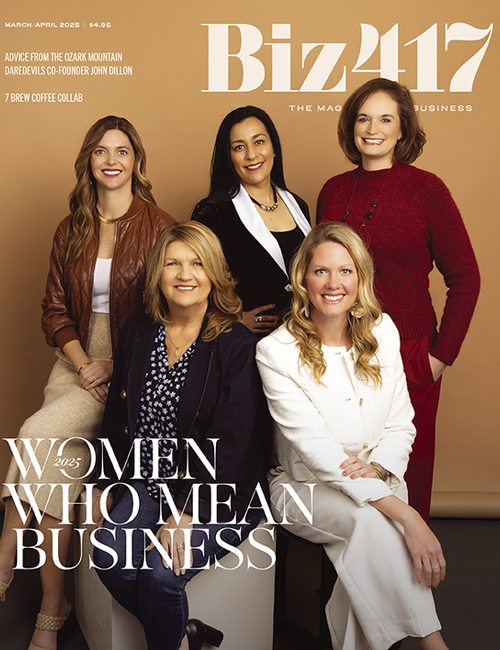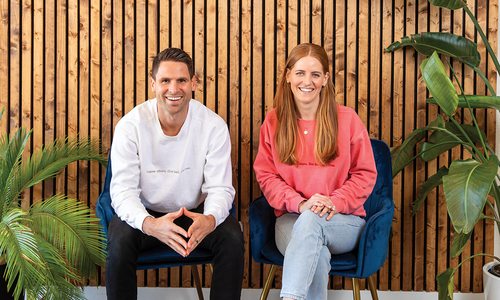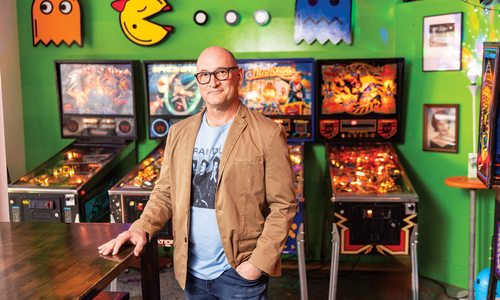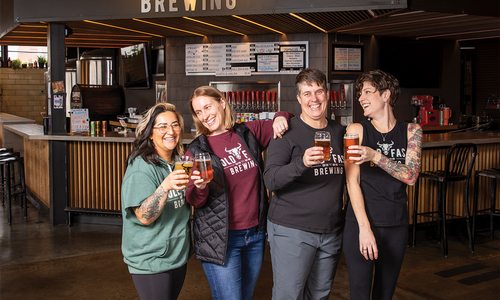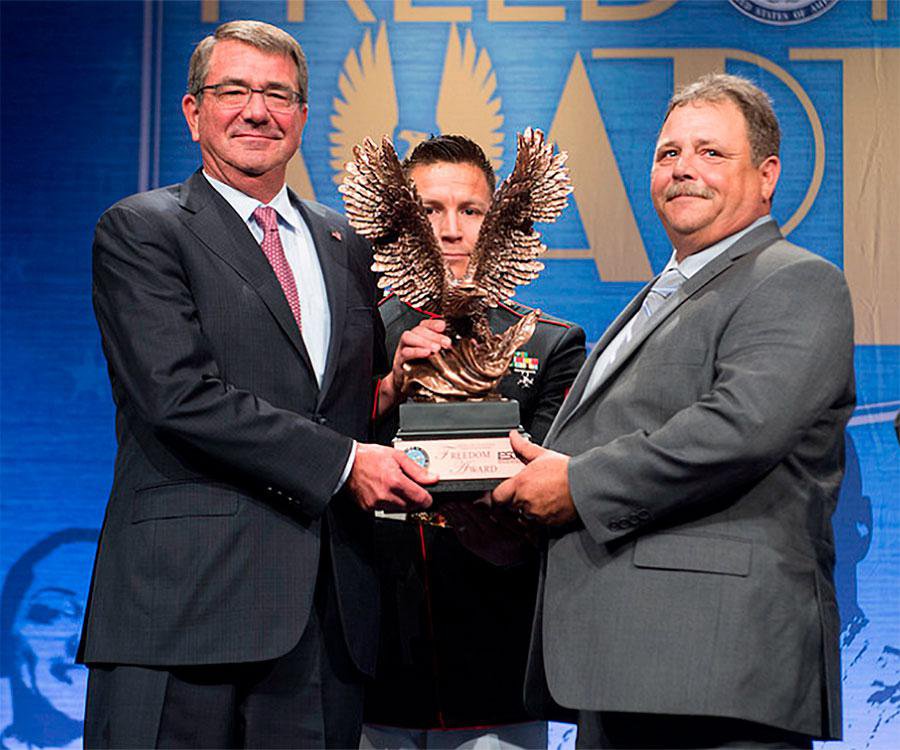
Strategy
Hiring Heroes
Frank Elston is supporting veterans in a major way.
By Matt Lemmon | Photo courtesy Frank Elston
Jan 2017

The Problem
Frank Elston served eight years in the U.S. Coast Guard before starting One-Hour Heating & Air Conditioning with his father and brother in 1992. Then in 2011, he purchased Benjamin Franklin Plumbing but never forgot his roots. Elston has long appreciated the work ethic and skills of military veterans, particularly the National Guard and Army Reserve, and understands that these people often face employment hurdles due to service obligations and deployments.
The Big Idea
Elston has made it a priority to hire military veterans and active members of the Army Reserve and National Guard for both businesses. The decision is as strategic as it is patriotic. “As soon as they go to Basic [Training], they learn how to become a team,” he says. “They know how to be clean and on time.” Add in advanced military technical training, discipline and work ethic, and it’s a good bet any such applicant will get an interview with Elston, who estimates 15 to 25 percent of his employees at a given time have military experience.
The Learning Curve
Of course, the duties of a guardsman or reservist require time away for training and, occasionally, active duty. These employees are guaranteed a job when they get back, which requires shuffling of schedules among other employees and occasionally hiring extra help. Accounting for such absences has simply become a part of the companies’ cultures.
The Takeaway
Elston’s dedication to military employees has paid off in performance and accolades. In August 2016, Elston traveled to the Department of Defense to accept the Secretary of Defense Employer Support Freedom Award. He was one of 10 recipients from among 2,400 nominees, and one of only two small business owners. Elston says he realized, once in Washington, how big the award is. Still his thoughts were with his employees who often have to leave their families and their jobs in the service of the United States. “It should have been the other way around,” he says. “It should have been them getting the award.”

